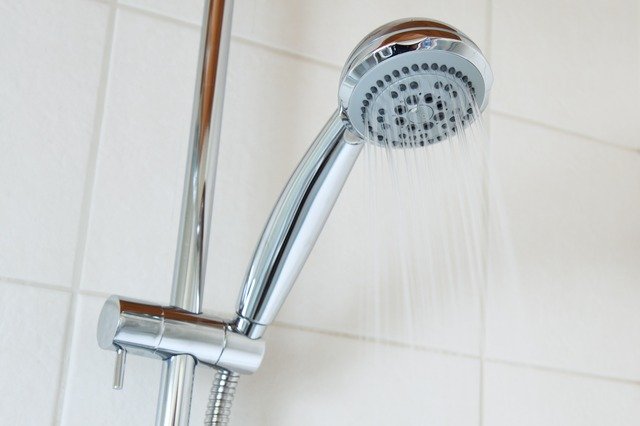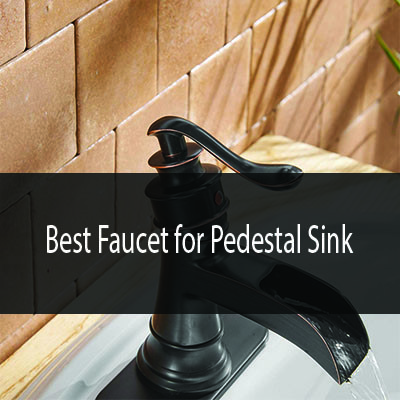When it comes to maintaining family hygiene, one of the most overlooked aspects is toothbrush storage. You might be surprised to learn that improper storage of toothbrushes can lead to a host of hygiene issues, putting your family at risk for infections and other dental problems. In this blog post, I will explore the common toothbrush storage mistakes to avoid for family hygiene, ensuring that you and your loved ones maintain the healthiest smiles possible. From the right way to store your toothbrushes to the best practices for cleanliness, I’ll cover everything you need to know to keep your family safe and healthy.

Source: www.amazon.com
Table of Contents
Understanding the Importance of Toothbrush Storage
Many people underestimate the role toothbrush storage plays in oral hygiene. A toothbrush is a breeding ground for bacteria if not stored correctly. In fact, a study published in the Journal of Dental Research found that toothbrushes can harbor pathogenic bacteria that can lead to oral infections and other health issues.
Why Proper Storage Matters
-
Bacterial Growth: Bacteria thrive in moist environments. If toothbrushes are stored in a closed container or in a damp area, the likelihood of bacterial growth increases significantly.
-
Cross-Contamination: Sharing a bathroom can lead to cross-contamination between toothbrushes. If they are stored too close together, bacteria can easily transfer from one brush to another.
-
Longevity of the Toothbrush: Proper storage can prolong the life of your toothbrush. Storing it in a way that allows it to dry out can help maintain its bristles and effectiveness.
Common Mistakes to Avoid
Let’s delve into some common toothbrush storage mistakes that families often make, leading to hygiene issues.
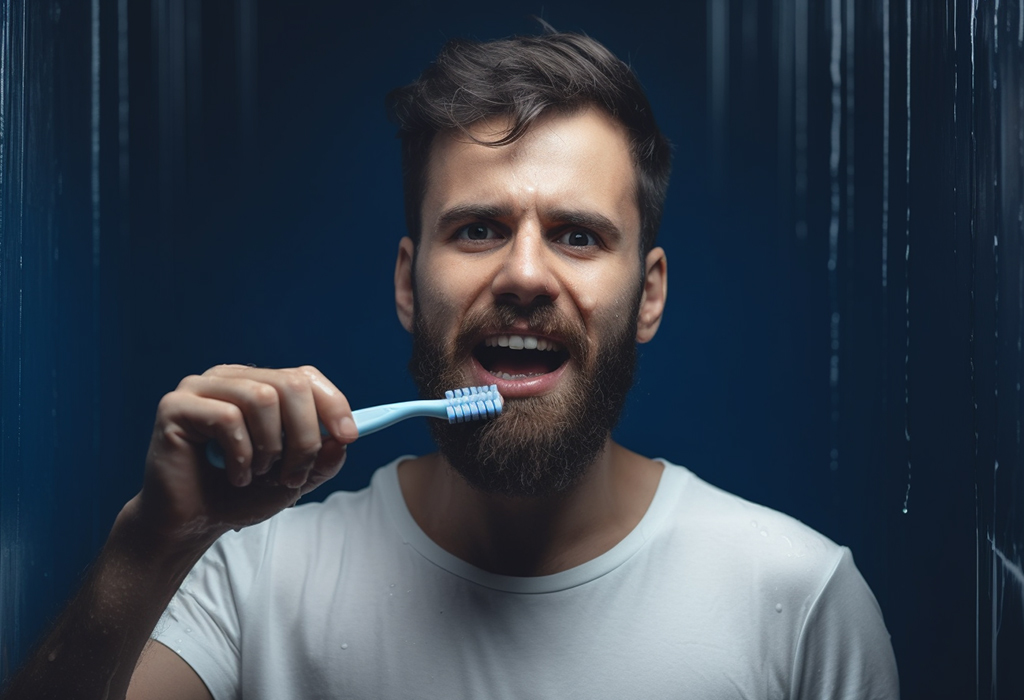
Source: www.realmenrealstyle.com
Mistake 1: Storing Toothbrushes in a Closed Container
One of the most frequent mistakes families make is storing toothbrushes in a closed container. While it may seem hygienic to keep them covered, this practice can trap moisture and create an ideal environment for bacteria to flourish.
The Solution
Instead, opt for a toothbrush holder that has ventilation holes or is open at the top. This allows your toothbrush to air dry between uses. I learned this lesson the hard way when I noticed a strange odor coming from my toothbrush holder. Switching to an open design made a world of difference in both hygiene and smell.
Mistake 2: Keeping Toothbrushes Too Close Together
Another common error is placing toothbrushes too close together. This can lead to cross-contamination, where bacteria from one toothbrush can transfer to another.
The Solution
Ensure that toothbrushes are stored at least a few inches apart. If you have multiple family members, consider using individual holders or compartments for each toothbrush. This simple change can significantly reduce the risk of spreading germs.
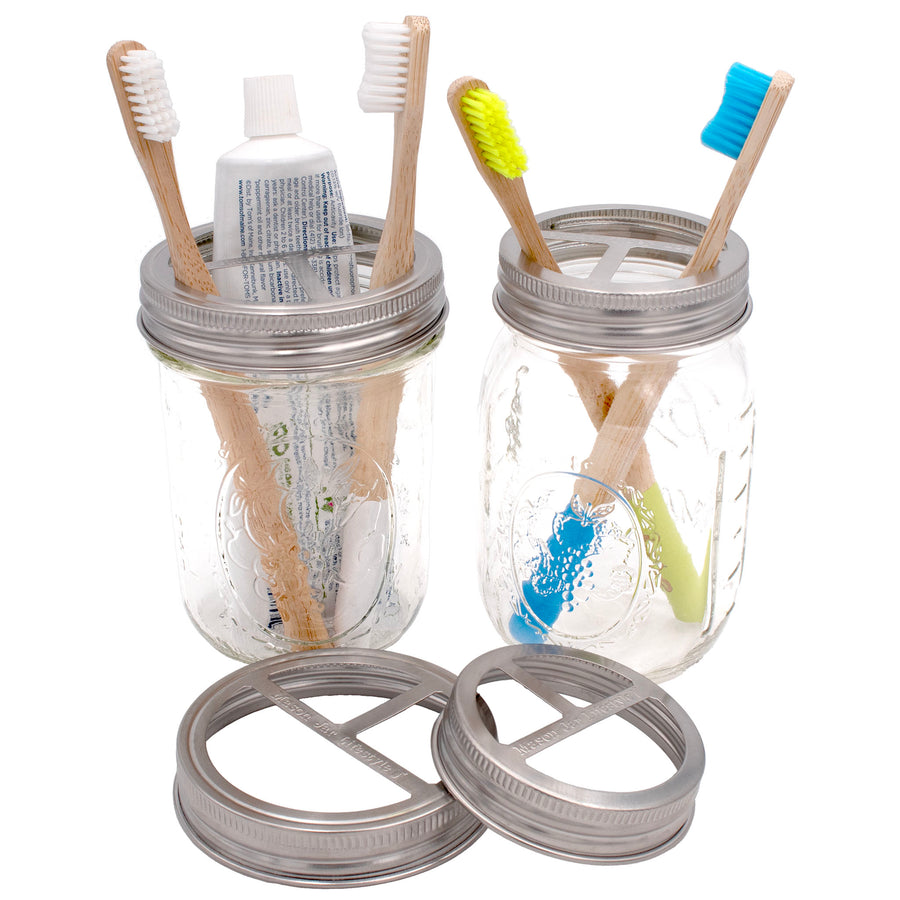
Source: masonjarlifestyle.com
Mistake 3: Not Allowing Toothbrushes to Dry
Many people store their toothbrushes in a damp area, such as a bathroom counter or cabinet, without allowing them to dry properly. Moisture can lead to the growth of bacteria, fungi, and even mold.
The Solution
After each use, rinse your toothbrush thoroughly and store it in a dry area. I recommend keeping it upright in a holder that allows air circulation. This practice not only helps maintain hygiene but also extends the life of your toothbrush.
Mistake 4: Using a Toothbrush Cover
Using a toothbrush cover might seem like a good idea to protect the bristles, but it can do more harm than good. Covers can trap moisture and create a breeding ground for bacteria.
The Solution
If you must use a cover, make sure it has ventilation holes. However, the best practice is to avoid covers altogether and let your toothbrush air dry in an open holder.
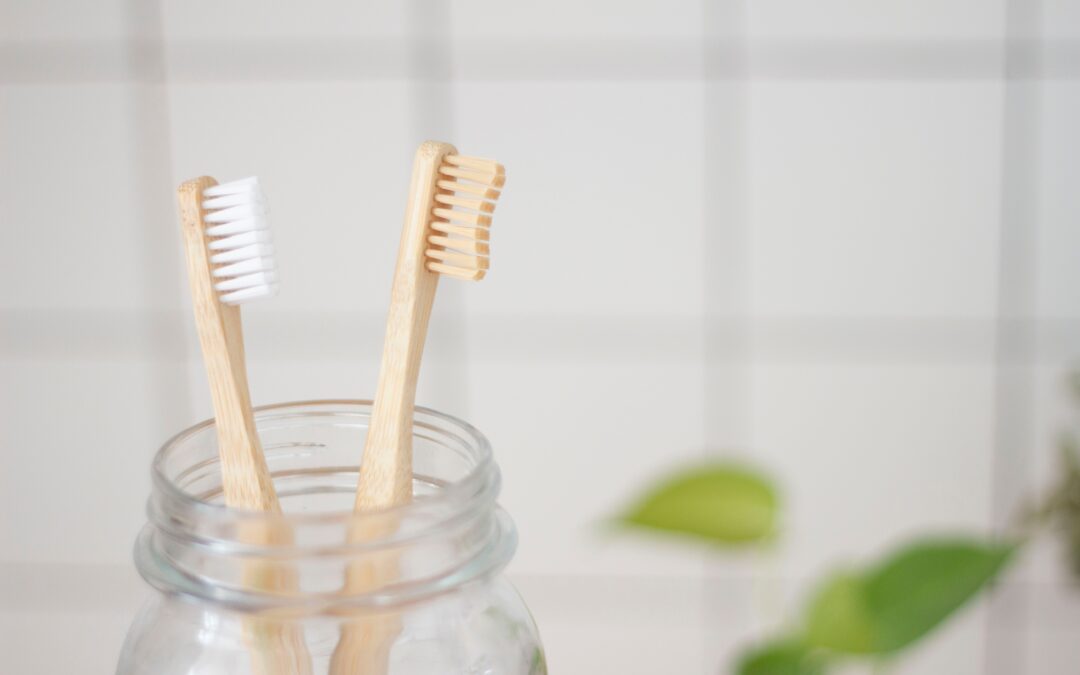
Source: lifedentalgroup.com
Mistake 5: Storing Toothbrushes Near the Toilet
Toilets can be a source of bacteria and germs. Storing toothbrushes too close to the toilet increases the risk of contamination, especially when the toilet is flushed.
The Solution
Position your toothbrush holder as far away from the toilet as possible. Ideally, it should be on a separate shelf or area that is not exposed to toilet sprays. This small adjustment can significantly improve your family’s hygiene.
Mistake 6: Ignoring the Lifespan of Your Toothbrush
Many people hold on to their toothbrushes long after they’ve lost their effectiveness. A worn-out toothbrush can harbor bacteria and fail to clean teeth properly.
The Solution
Replace your toothbrush every three to four months or sooner if the bristles are frayed. I keep a calendar reminder on my phone to ensure I never forget this important task.

Source: www.thehillsdentist.com
Mistake 7: Neglecting to Clean the Toothbrush Holder
Often, people focus on cleaning their toothbrushes but forget about the holder itself. Toothbrush holders can accumulate bacteria and grime over time, which can transfer back to your toothbrush.
The Solution
Regularly clean your toothbrush holder with soap and water or disinfectant wipes. I make it a point to clean mine weekly as part of my routine. This simple step can drastically improve your family’s oral hygiene.
Mistake 8: Not Educating Kids on Proper Storage
Children often need guidance on hygiene practices, including toothbrush storage. If they don’t understand the importance of proper storage, they may not follow best practices.
The Solution
Take the time to educate your children about why toothbrush storage matters. Make it a fun activity by letting them choose their own toothbrush holder or design a special storage spot for their brushes.
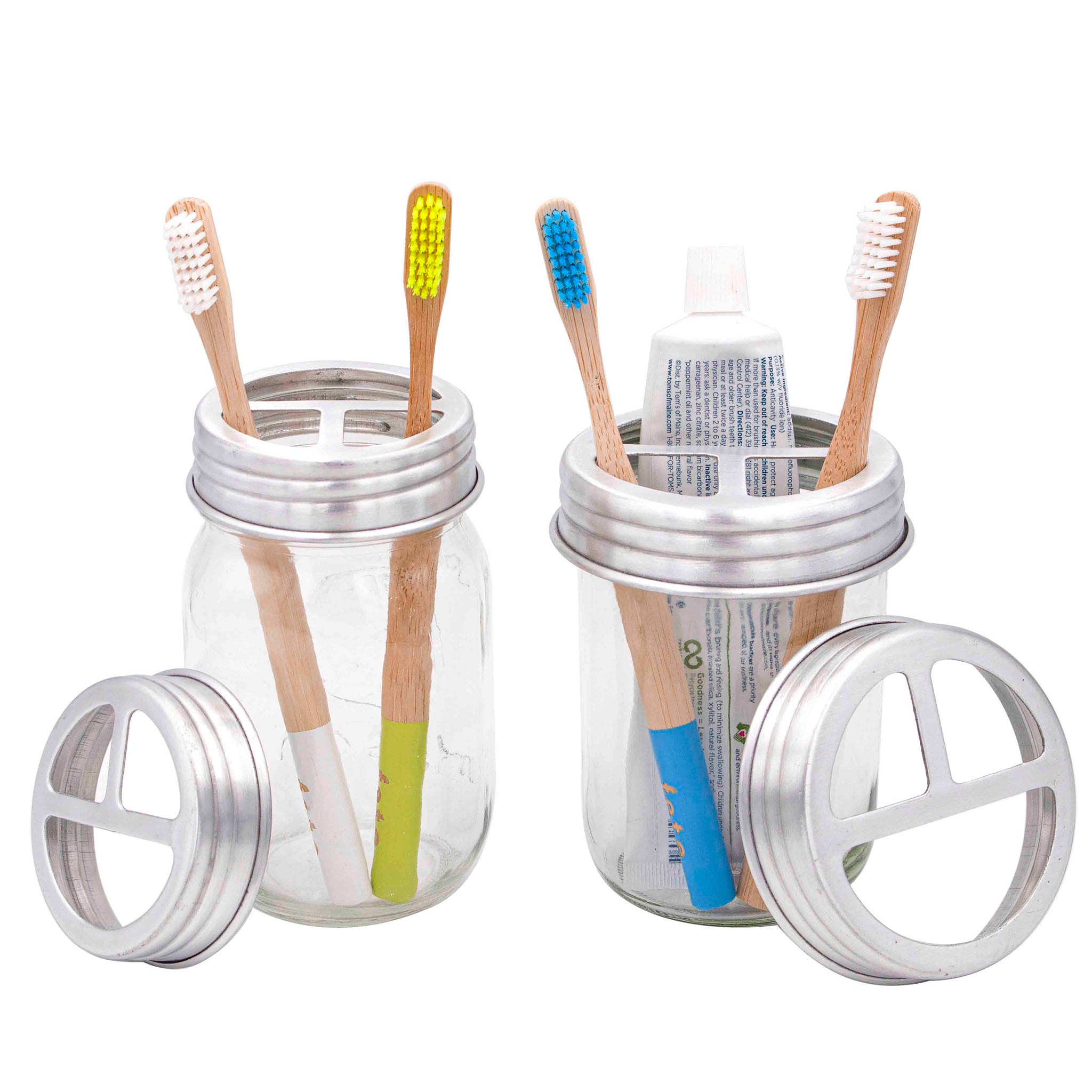
Source: masonjarlifestyle.com
Mistake 9: Using Old or Unhygienic Toothbrushes
Some families may use old toothbrushes that have been stored improperly. This can lead to a buildup of bacteria and a higher risk of oral infections.
The Solution
Ensure that everyone in the family uses a clean, new toothbrush that is stored correctly. I’ve found that keeping a designated spot for new toothbrushes helps remind everyone to replace theirs regularly.
Mistake 10: Forgetting to Rinse After Each Use
Many people neglect to rinse their toothbrushes properly after each use. This can leave toothpaste residue and bacteria on the bristles.
The Solution
Make it a habit to thoroughly rinse your toothbrush with water after brushing. I always give mine a good shake to remove excess water before placing it in the holder.

Source: blissdentallounge.com
Actionable Tips for Optimal Toothbrush Storage
To help you implement these practices, here are some actionable tips for optimal toothbrush storage:
- Choose the Right Holder: Invest in a holder that allows air circulation and keeps toothbrushes separated.
- Establish a Cleaning Routine: Clean your toothbrush holder weekly and replace toothbrushes every three to four months.
- Educate Family Members: Teach your family the importance of proper toothbrush storage and hygiene.
- Keep It Dry: Ensure that toothbrushes are stored in a dry area to prevent bacterial growth.
- Rinse Thoroughly: Rinse toothbrushes with water after each use to remove toothpaste and bacteria.
Frequently Asked Questions
What is the best way to store toothbrushes?
The best way to store toothbrushes is in an open holder that allows them to air dry, positioned away from the toilet.
How often should I replace my toothbrush?
You should replace your toothbrush every three to four months or sooner if the bristles are frayed.
Can I use a toothbrush cover?
While it’s okay to use a cover, make sure it has ventilation holes. However, it’s best to avoid covers altogether to prevent moisture buildup.
How can I prevent cross-contamination between toothbrushes?
Store toothbrushes at least a few inches apart and consider using individual holders for each family member.
Why is it important to clean the toothbrush holder?
The toothbrush holder can harbor bacteria and grime, which can transfer back to your toothbrush. Regular cleaning is essential for maintaining hygiene.

Source: www.amazon.com
Conclusion
Maintaining family hygiene goes beyond just brushing teeth; it includes proper toothbrush storage. By avoiding common mistakes and implementing best practices, you can significantly reduce the risk of bacterial growth and oral infections. Remember to educate your family about the importance of these practices and make it a routine to check and clean toothbrushes regularly.
Take charge of your family's oral health today. Implement these tips, and you’ll be on your way to achieving a cleaner, healthier smile for everyone. If you found this article helpful, feel free to explore additional resources or leave a comment below!
Watch This Video on Toothbrush Storage Mistakes to Avoid for Family Hygiene

